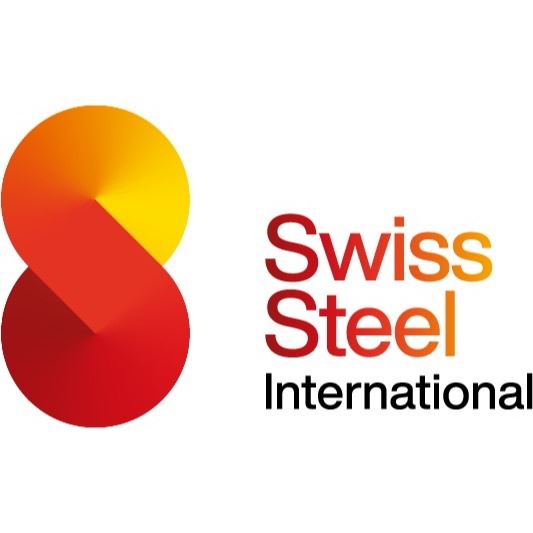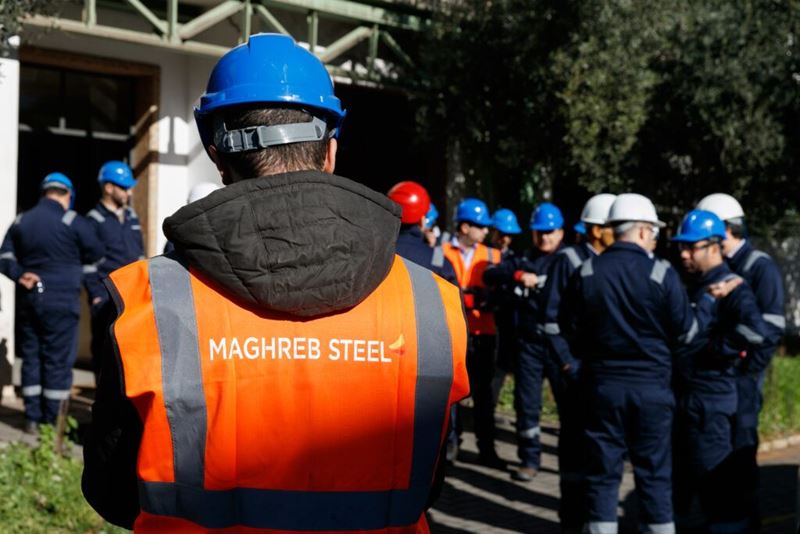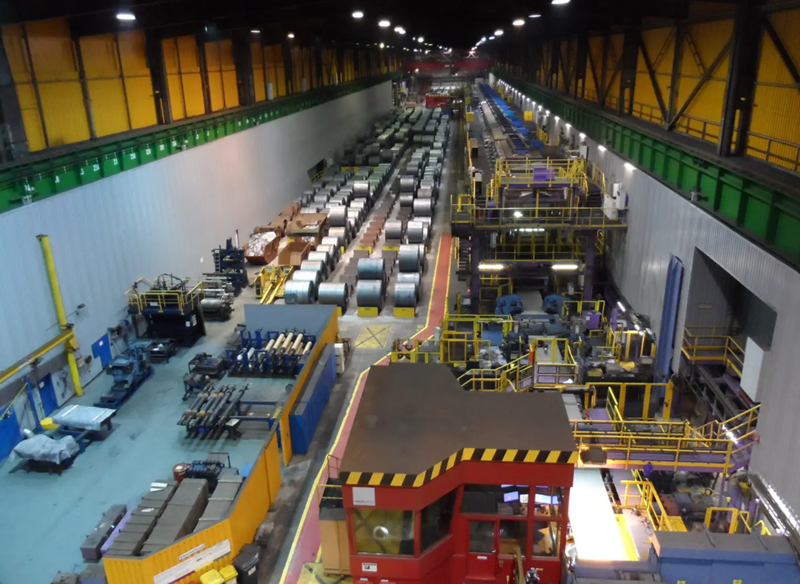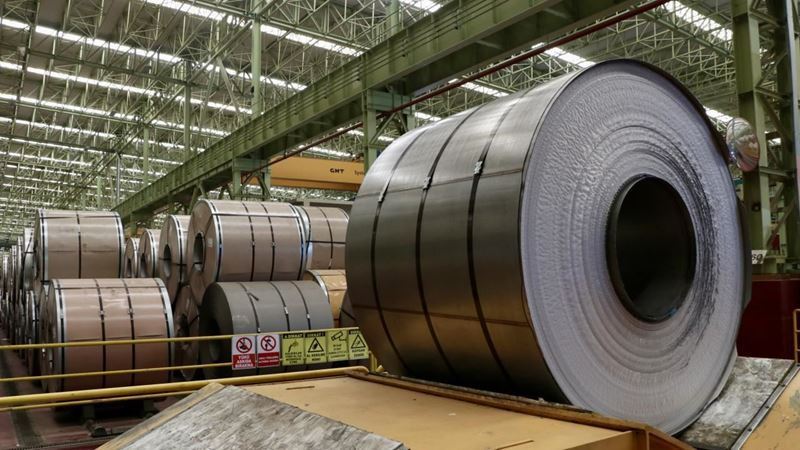Swiss Steel's performance in 2023 was negatively impacted by weak market conditions. The company's annual revenues fell by 20%, decreasing to 3.24 billion Euros (3.52 billion USD). While there were declines in major markets globally, revenues in the primary market, Germany, dropped by 22% to 1.10 billion Euros.
Sales volume decreased by 17%, falling to 1.375 million tons. On the other hand, the decline in average selling prices of SBQ steels was limited to 3%, reducing to 2,363 Euros per ton. The company stated that input prices for the 2/8 type scrap, which plays a significant role in their production, fell by 18% compared to 2022.
The Engineering Steel Division, Swiss Steel's largest segment by sales volume, was particularly affected by weak demand in the automotive production and contractions in the machinery and plant engineering sectors. Sales volume in this division decreased by 17.5% annually, shrinking to 1.03 million tons. It was noted that 17% of the company's total sales came from stainless steels (239,000 tons) and 8% from tool steels (104,000 tons).
Additionally, significant drops in spot prices for electricity and gas and declines in raw material prices led to substantial inventory valuation losses. The number of employees decreased by 11%, falling to 8,812; 251 employees were a result of the divestment of sales and distribution establishments in Eastern Europe.
Adjusted EBITDA turned from a profit of 217 million Euros to a loss of 41 million Euros, while the net loss was reported at 295 million Euros, following a net profit of 9 million Euros in 2022.









Comments
No comment yet.